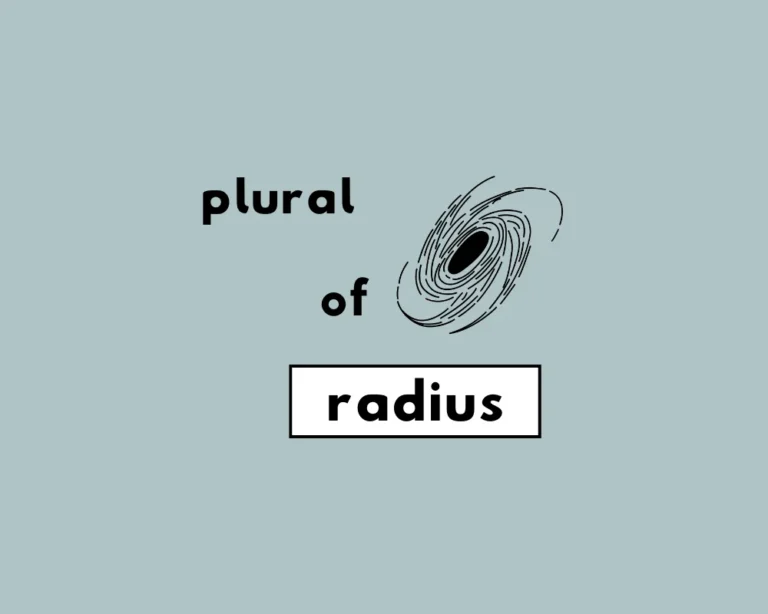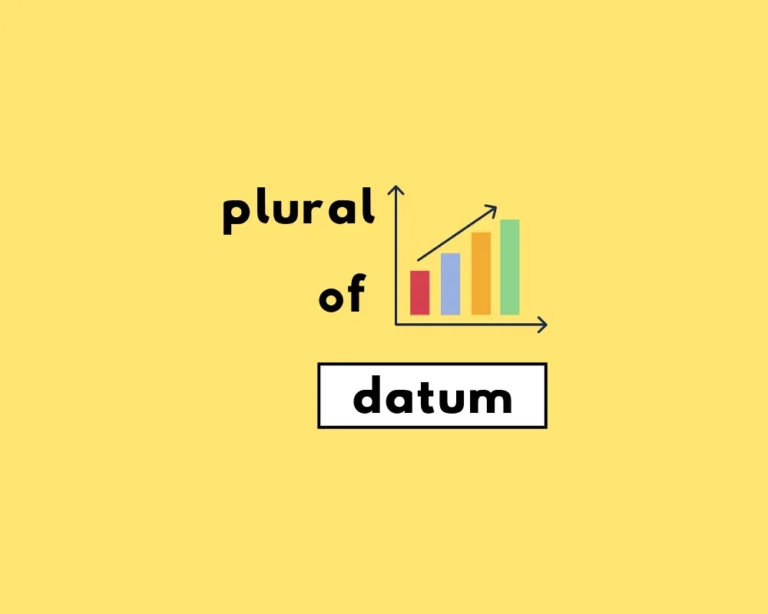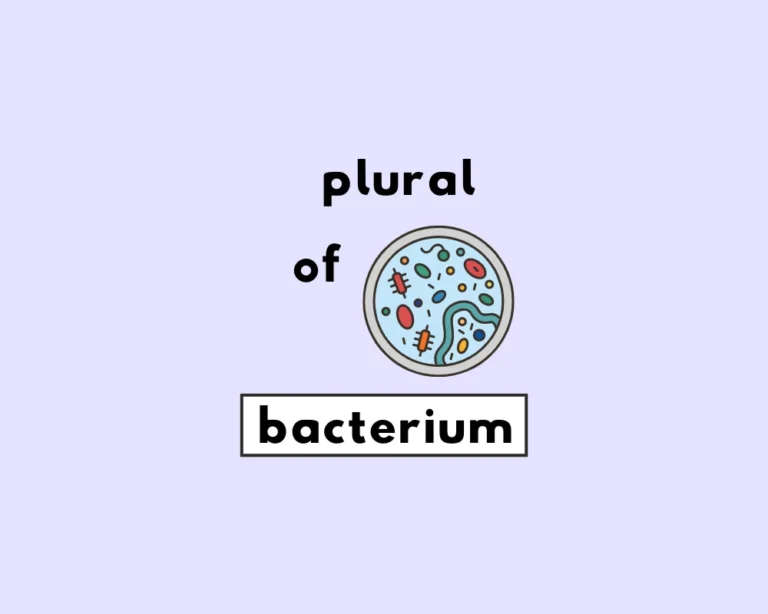
What’s the Plural of Beau? Beaus or Beaux?
Beaus and beaux are both accepted plurals for beau.
Explore the breadths and depths of Grammarflex’s knowledge base, containing resources and comprehensive guides on pretty much everything you could want to know related to English grammar and writing.
Learn all about the main parts of speech, which (in case you forgot) comprises of verbs, nouns, adjectives, pronouns, adverbs, conjunctions, prepositions and interjections. Beyond the fundamentals of English grammar, you’ll find guide on writing mechanics and style, literary devices amd more.


Beaus and beaux are both accepted plurals for beau.

Both antennas and antennae are plurals for antenna. The original Latin plural is antennae.

Vertex, which is a Latin word meaning “highest point”, has two plural noun forms, vertices and vertexes.

A referendum which describes the “submitting of a question to the voters as a whole”, is referendums as a plural noun.

Nouns are words given to people, places or things. There are various types of nouns, and each has a different role.

The plural of radius is radii or radiuses. Radius is singular.

The word and noun matrix originally comes from Latin, and has two accepted plurals: matrixes and matrices (matrices being the original pl. form).

The singular of data is datum. Data is plural, and the more commonly used of the two.

Bacteria is a plural noun, and comes from Latin. Bacterium is singular.